Your cart is currently empty!
Tag: BeneficialInsects

Growers are increasingly using beneficial fungi, such as mycorrhizae and Trichoderma, to enhance cannabis cultivation. These fungi improve plant health and yield by boosting nutrient uptake, drought resistance, and disease prevention. For successful implementation, select high-quality inoculants, apply them appropriately, and maintain optimal soil conditions. Real-world cases, like a California operation, have shown a 20%…
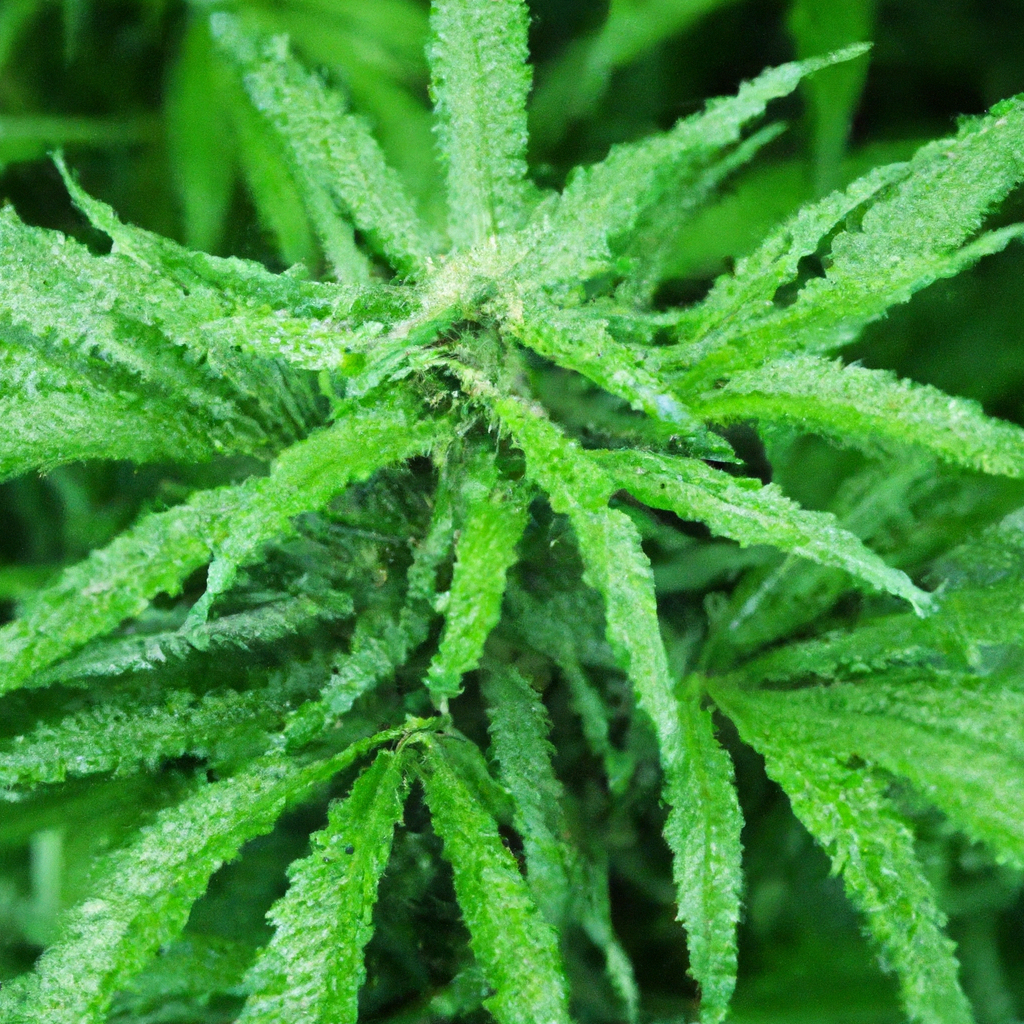
Organic cannabis cultivation is gaining traction for its cleaner and more sustainable approach to growing crops. By utilizing natural fertilizers, fostering healthy soil ecosystems, and employing organic pest control methods, growers can produce high-quality yields while benefiting the environment. This blog post explores best practices such as using compost, worm castings, and kelp extracts for…
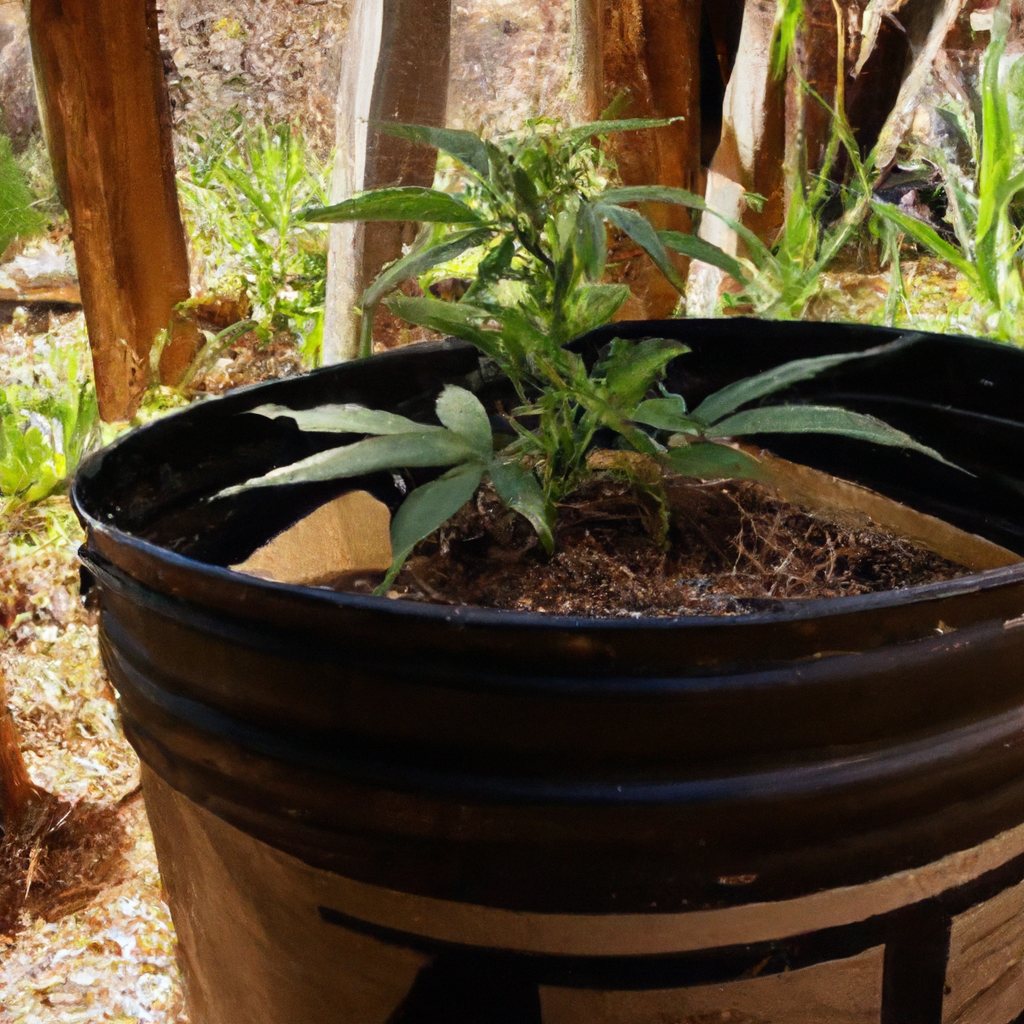
With the rising demand for environmentally friendly cannabis, more cultivators are adopting organic growing practices. This approach ensures sustainability and enhances cannabis quality and potency. Key methods include building healthy soil through composting and cover crops, using natural fertilizers like fish emulsion and bone meal, and implementing eco-friendly pest control with beneficial insects and neem…
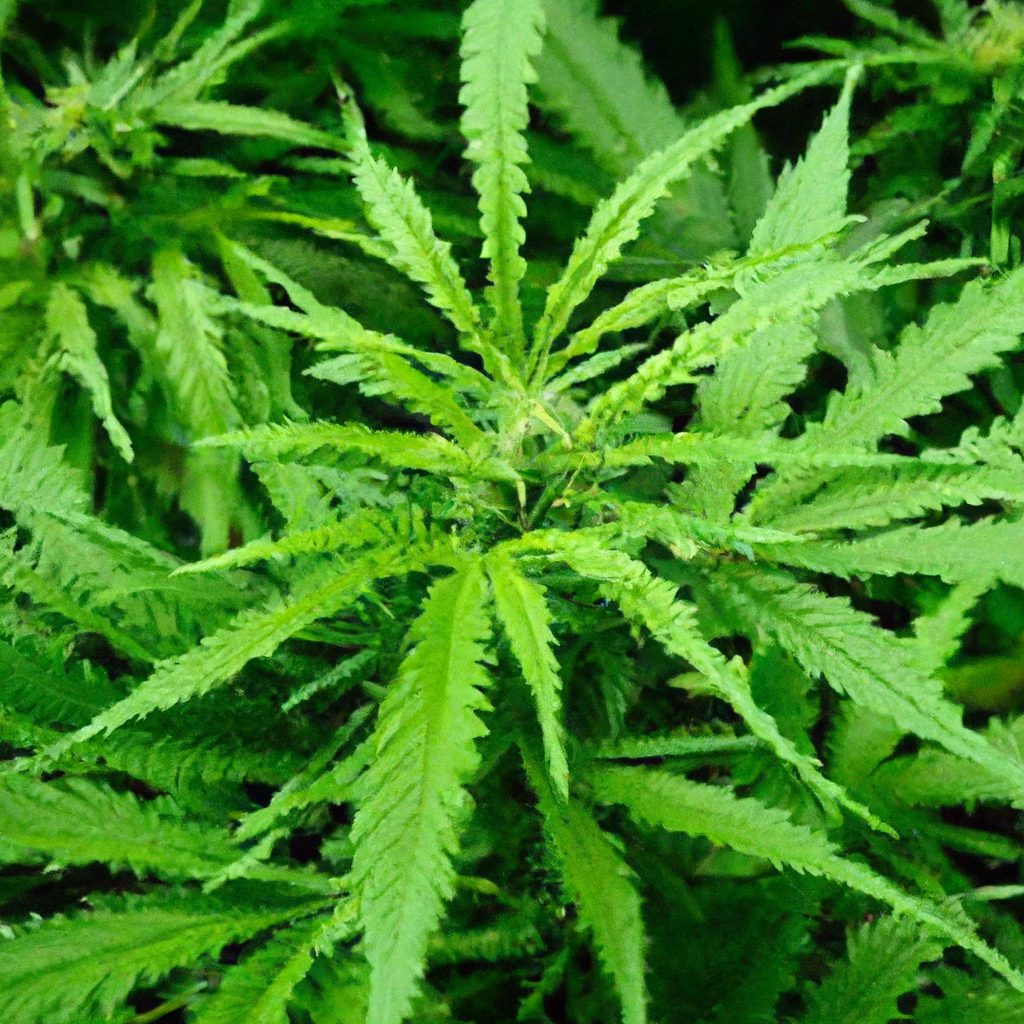
Growing cannabis can be challenging due to pest issues, but sustainable alternatives to traditional pesticides are available. This article highlights eco-friendly pest control techniques, such as using beneficial insects, neem oil, diatomaceous earth, and essential oils. These methods, combined with regular inspections, cleanliness, and crop rotation, can effectively manage pests while promoting a healthy and…
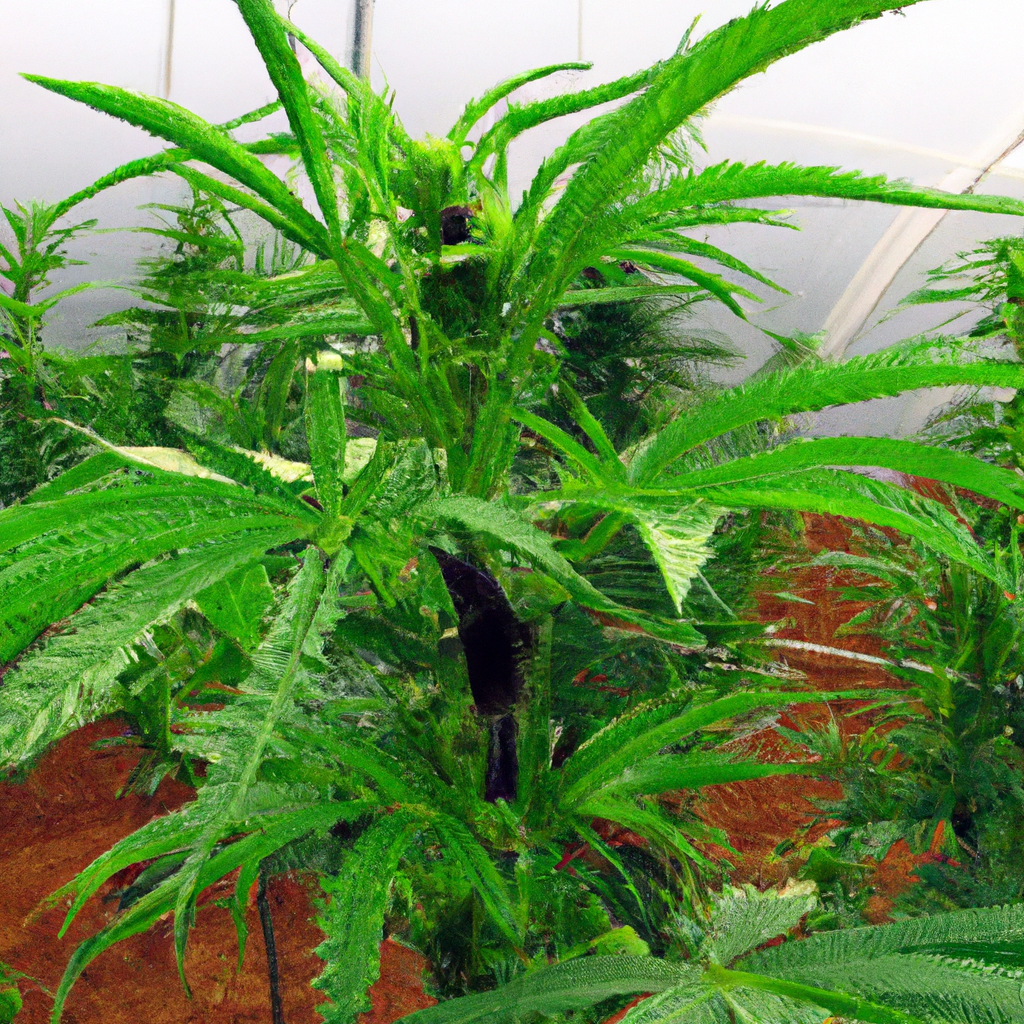
Explore the intricacies of cannabis cultivation with the use of beneficial insects, which offer an organic solution for pest control by preying on harmful pests. Key players such as ladybugs, predatory mites, lacewings, and parasitic wasps contribute to a healthier growing environment and reduce the need for chemical pesticides. To implement these allies effectively, identify…
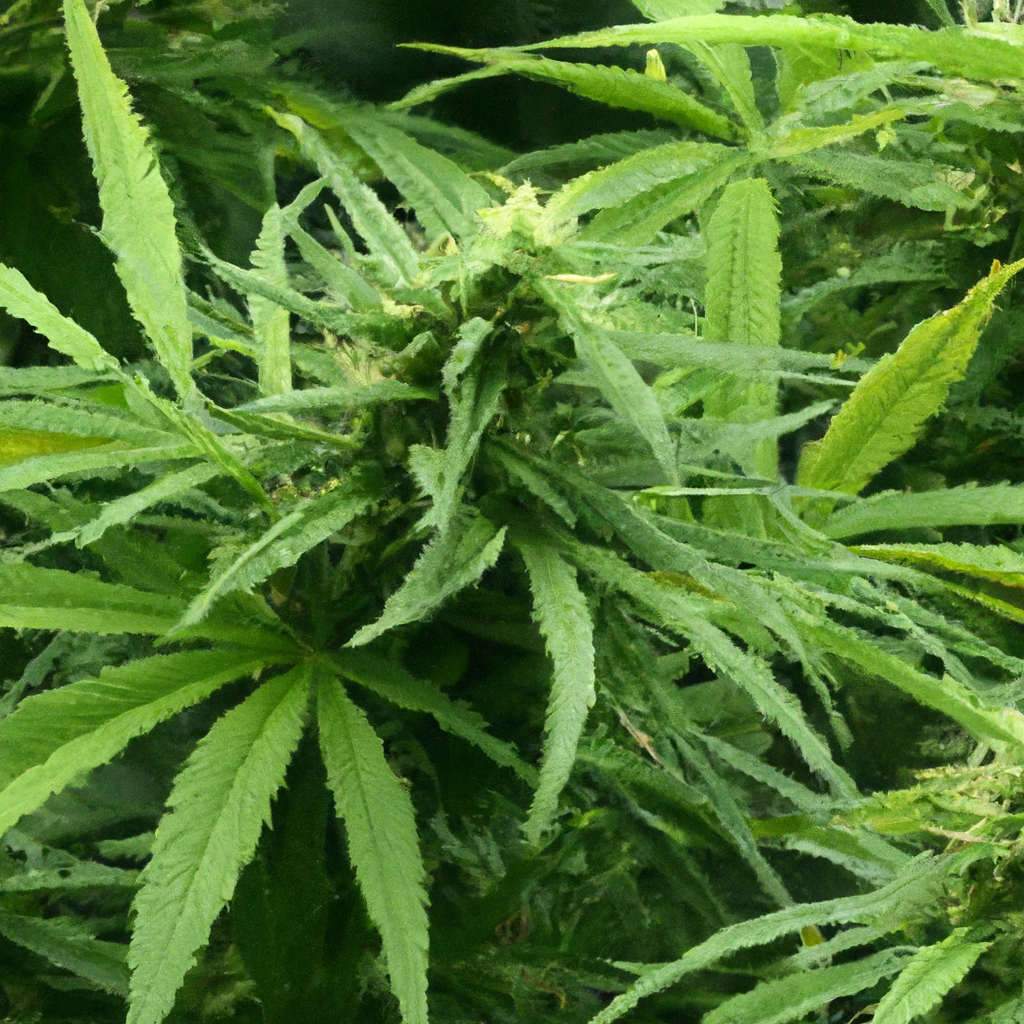
Growing cannabis comes with its challenges, notably pest infestations. To protect your crop and boost yield, it’s crucial to understand common pests like spider mites, aphids, and whiteflies. Implement smart pest control techniques such as companion planting with marigold and dill, introducing beneficial insects like ladybugs, and using organic pesticides like neem oil and insecticidal…
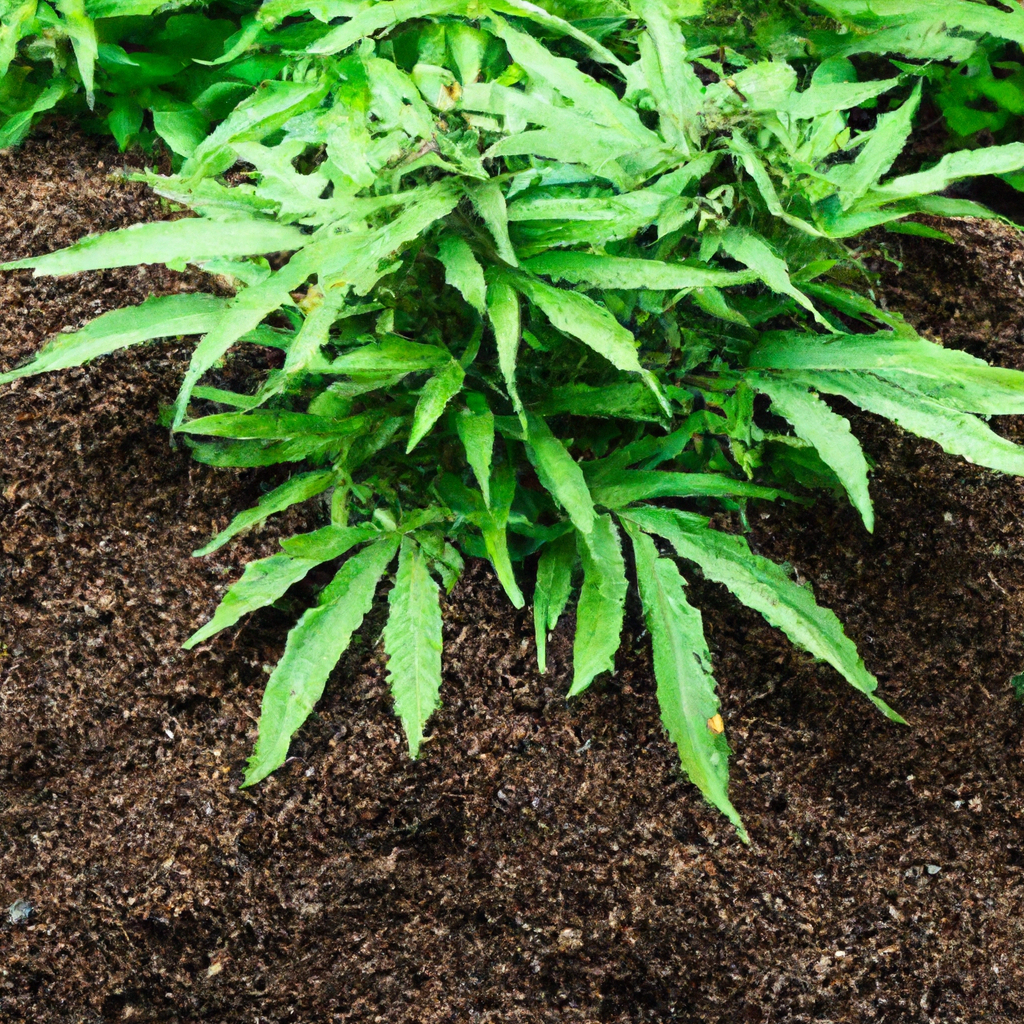
Embarking on organic cannabis cultivation requires understanding how to naturally enhance the soil ecosystem. This guide explores best practices including using compost, cover crops, and beneficial microbes to enrich soil health. It highlights natural fertilizers like fish emulsion, bone meal, and kelp to promote plant growth sustainably. Eco-friendly pest control involves neem oil, companion planting,…
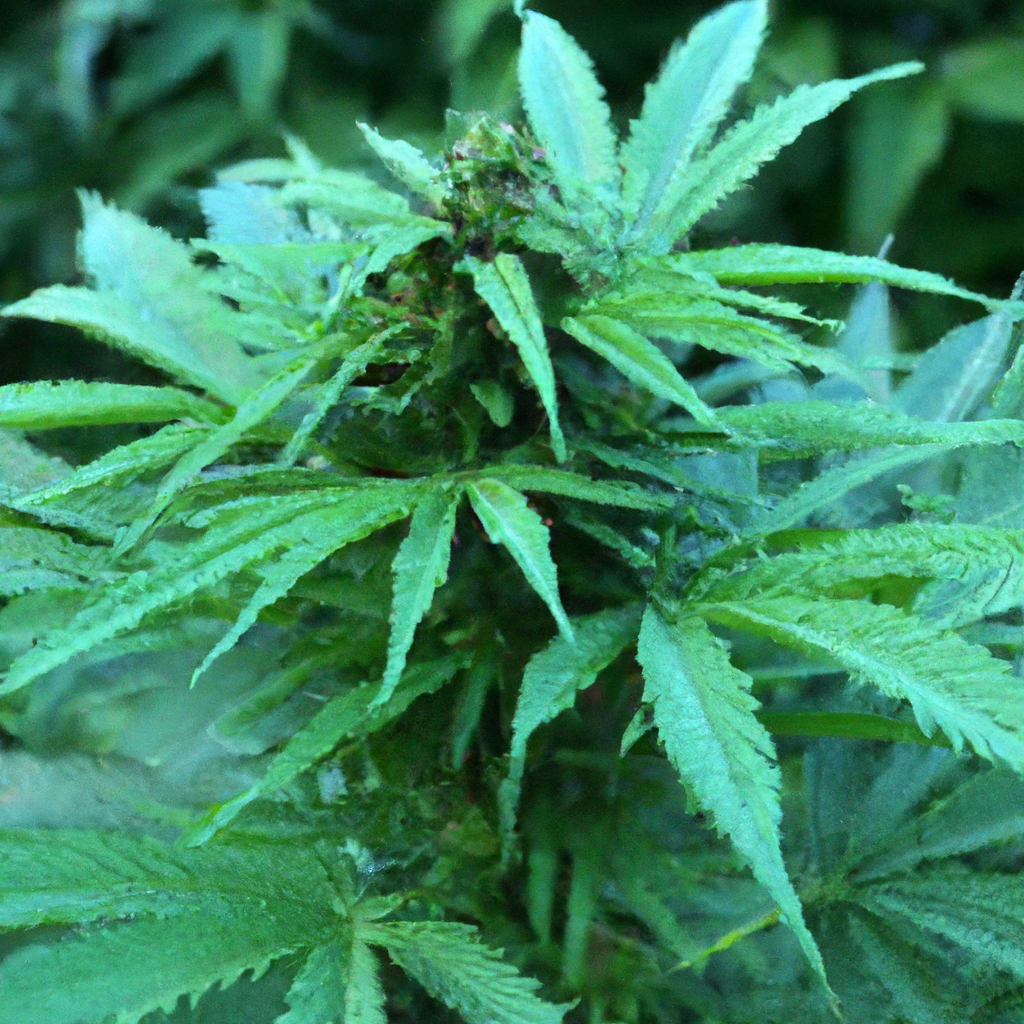
Growing cannabis can be challenging, particularly with pest management. Instead of chemical pesticides, many cultivators turn to beneficial insects like ladybugs, predatory mites, praying mantises, and lacewing larvae. These natural pest control agents help protect plants and enrich garden ecosystems. Effective integration involves identifying pests, selecting suitable beneficial insects, carefully releasing them, and adjusting strategies…
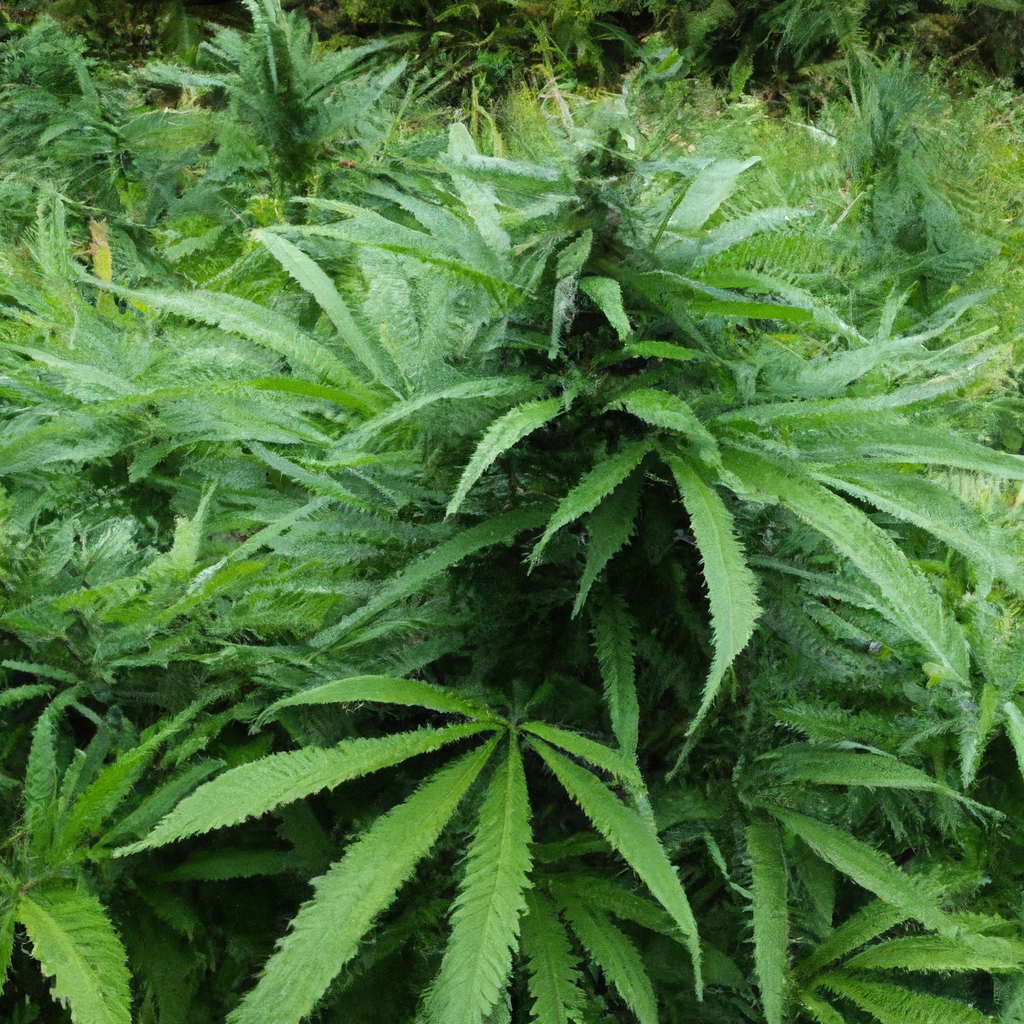
This article explores organic cannabis cultivation methods that offer environmental benefits and appeal to health-conscious consumers. It discusses creating healthy soil ecosystems with compost, cover crops, and mulching, and highlights the use of natural fertilizers such as manure, fish emulsion, and seaweed extract. The blog also covers organic pest control strategies, including companion planting, beneficial…
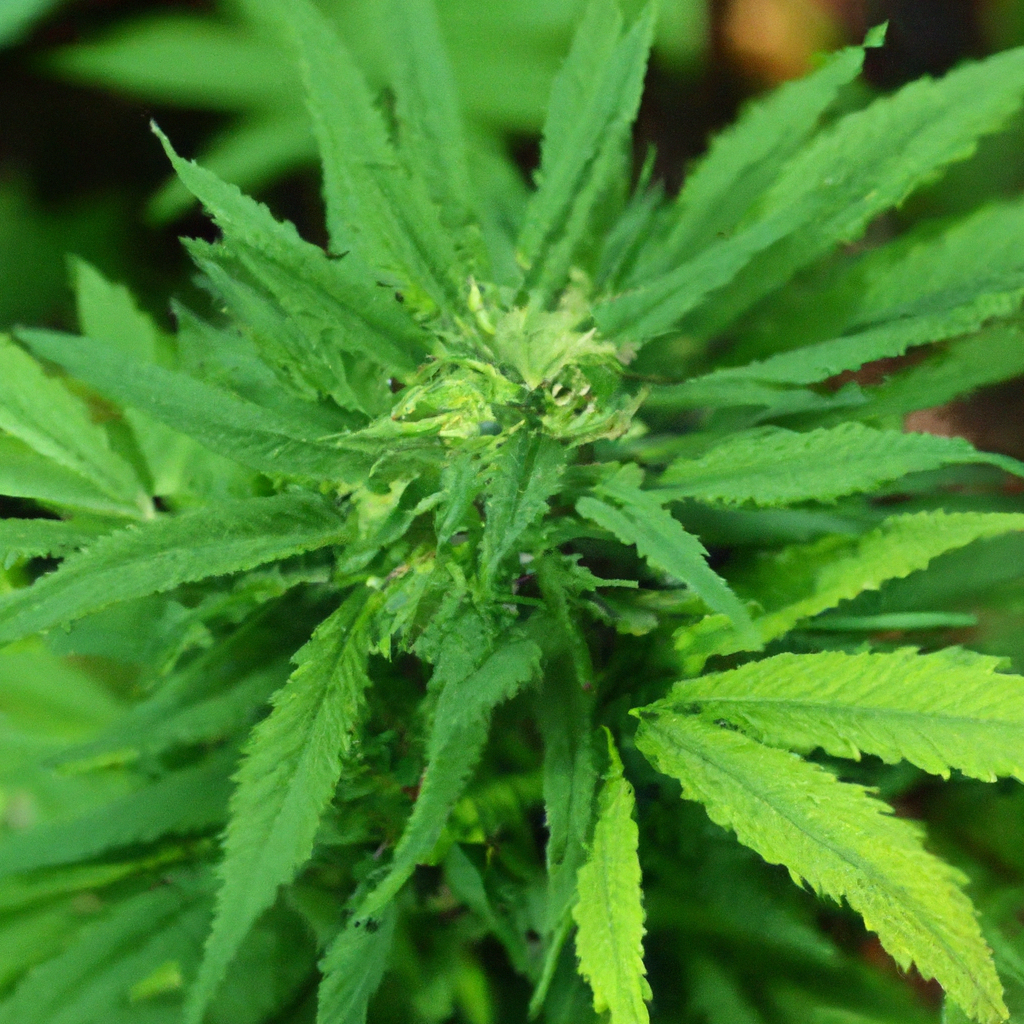
Organic cannabis cultivation combines traditional techniques with environmental awareness to produce sustainable, high-quality plants. Key practices include building healthy soil with compost and beneficial microbes, using natural fertilizers like animal manures and plant-based meals, and employing eco-friendly pest management, such as companion planting and beneficial insects. This approach not only enhances soil and plant health…
